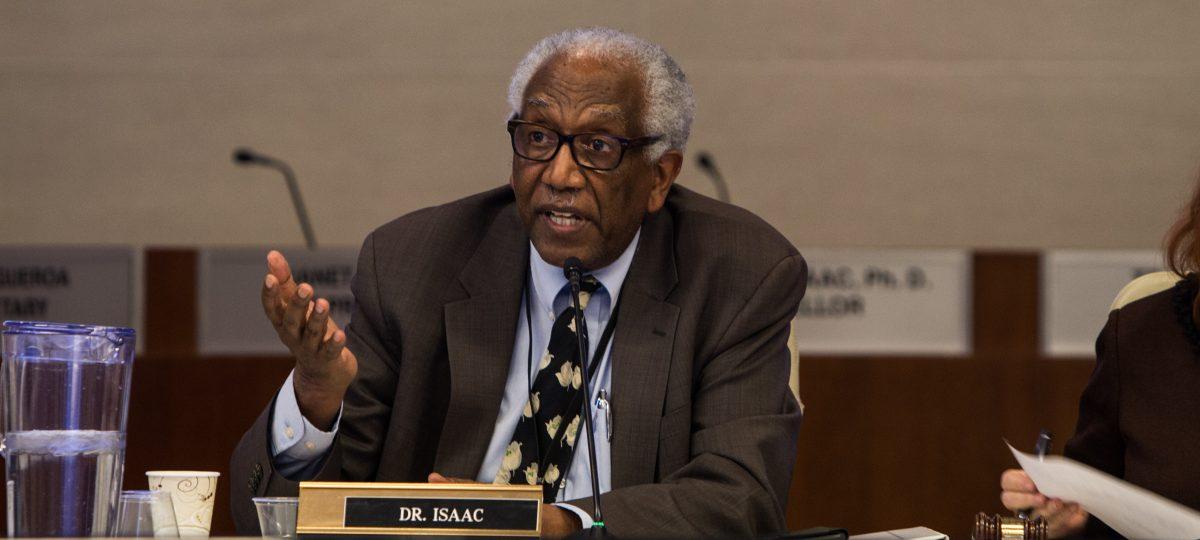Bill goes through Congress that allows HIV patients organs.
Daniel Ghanbari | Staff Writer
Researchers say that some time during the 1930’s a form of simian immunodeficiency virus jumped from monkeys to humans in Central Africa.
The virus then mutated and became the first human immunodeficiency virus known as HIV.
By 1959 the first case of HIV in humans occurred in the Congo, which resulted in a man’s death.
Researchers’ genetic studies of the virus indicate that HIV first arrived to America in about 1966.
The disease began to spread, but remained unrecognized for another 12 years.
The HIV Virus attacks and kills crucial immune system cells, known as T-helper cells.
Without T-helper cells, many other immune systems cannot work properly, including B-cells that make antibodies.
People that have been infected with the virus may not show any symptoms for years.
If not treated right away, the number of T-helper cells drops over time until it is so low that the risk of other infections greatly increases, and that’s when symptoms of AIDS appear.
In the United States many patients suffer from various cancers and of those many of them are also HIV-positive.
Surgeons discovered a new way of organ transplanting, which involves using organs that are already infected with HIV.
This would only be for people who are HIV-positive and in need of a new organ.
The transplant method was still illegal in the United States.
In June the Senate passed a bill, “HIV Organ Policy Equity Act,” that was approved by the House on Nov. 12.
The President signed the bill into law on Nov. 23.
“HIV Organ Policy Equity Act” would allow surgeons to use HIV infected organs, and require scientific studies on these HIV positive implants to understand
the potential consequences.
According to the United Network of Organ Sharing, there are almost 121,000 patients on the wait list to receive an organ transplant.
Many of those patients also suffer from HIV, so the new legislation could help decrease the organ demand in the United States.
This bill will allow 500-600 additional organ donations annually, according to the “American Journal of Transplantation” of 2011.
With new treatments and drugs available, people infected by HIV live much longer and healthier lives compared to people from the past who were
HIV-positive.
The problem is many of these patients also suffer from a disease called hepatitis C, and this ultimately requires a liver transplant.
There are serious concerns about the consequences of these transplants.
There are different strains of HIV that exist and some are drug resistant.
Surgeons worry that mixing the strains in a patient’s body can “super-infect” them from the organ they receive.
Elmi Muller from the University of Cape Town preformed 26 positive-to-positive transplants in South Africa, the country with the highest rate of HIV infections.
Only two of Muller’s transplants have failed since 2008.
More research is needed to determine how safe positive-to-positive transplants are.






